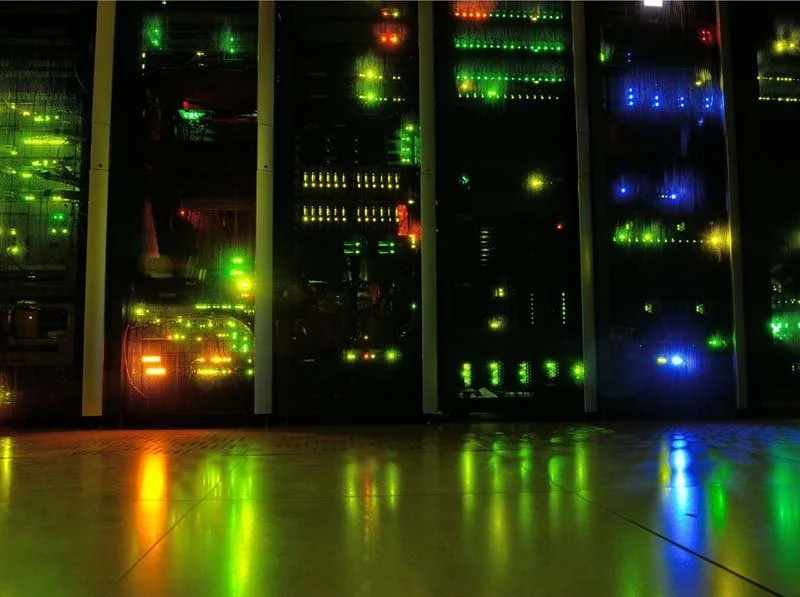The Power Behind the Scenes: Why Every Business Needs a Data Server
At its core, a data server is a combination of computer hardware and software that provides a way to manage and deliver data. Think of it as the central hub for storing, organizing, and distributing information that your business relies on daily.
Imagine a physical file cabinet in your office. Inside it are all the important documents your business needs to function—contracts, employee records, customer details, etc. Now, picture that instead of paper files, you have digital data stored in an electronic cabinet that can quickly send information to other computers in your office or across the globe. That’s what a data server does, but digitally.
How Does a Data Server Work?
A data server does two main things:
Stores Data: It keeps all your critical information in one place. Whether it's customer records, financial details, or product inventory, the server acts like a digital vault.
Delivers Data: When you or one of your employees needs access to that information, the server delivers it. For example, when you access an invoice or a customer’s purchase history, the data server sends that information to your computer.
Why Do You Need a Data Server?
If you’re running a small or medium-sized business, you might wonder why you need a data server at all. Can’t you just store everything on individual computers? While that might work on a small scale, it becomes inefficient as your business grows.
Here are a few reasons why having a data server matters:
Centralized Management: Instead of having data spread across multiple devices, a server keeps everything in one place. This makes it easier to back up, update, and secure.
Collaboration: If you have employees working remotely or in different locations, a server allows them to access the same information at the same time, improving teamwork and productivity.
Security: Servers can be set up with enhanced security measures that help protect your sensitive business information from cyber threats.
Types of Data Servers
Not all servers are the same. There are different types designed for different needs, but here are two common categories:
On-Premises Servers: These are physical servers located in your office or building. You have full control over them, but they also require maintenance and regular updates.
Cloud Servers: Instead of being in your office, these servers are hosted by a provider (like Amazon Web Services or Microsoft Azure) and accessed over the internet. They are more flexible and don’t require physical space or as much upkeep on your end.
The Bottom Line
A data server may sound like something only big companies need, but even small businesses can benefit from using one. It helps keep your information secure, accessible, and organized, making it easier to run your business smoothly.
If you’re thinking about how to better manage your business’s data or want to make sure your team can work efficiently from anywhere, investing in a data server might be the right move.
If you have questions or need assistance schedule a call with us or visit our Learning Center for more information. We're here to help!

